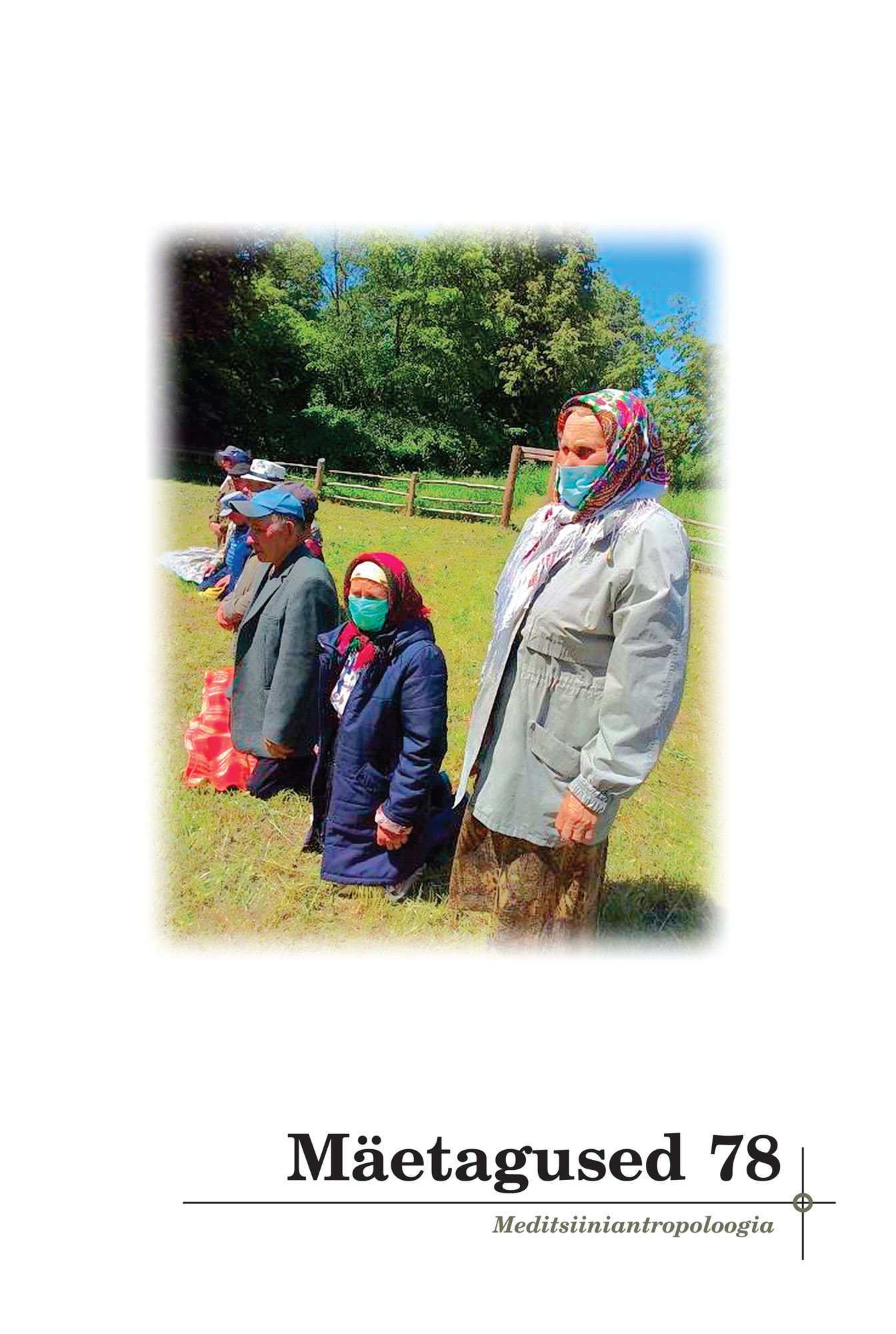Mary Kaasiku ja Gustav Kallasto rahvaluulekogu ning kirjavahetus
Mary Kaasik and Gustav Kallasto’s folklore collection and correspondence
Author(s): Ave Goršič Subject(s): Customs / Folklore, Cultural Anthropology / Ethnology, Culture and social structure
Published by: Eesti Kirjandusmuuseum
Keywords: correspondence; data collection; (folk) medicine; health; Soviet period;
Summary/Abstract: The broader source material for this article is the Soviet-era correspondence of the Folklore Department (FD) of the Fr. R. Kreutzwald State Literary Museum, today the Estonian Folklore Archive of the Estonian Literary Museum. This collection consists of letters and postcards of nearly 400 people, as well as transcripts of the FD staff letters to their contributors. The total volume amounts to roughly 4,000 pages and mainly covers the period from the 1950s to the first half of the 1990s. The article also discusses the contributions of Virumaa correspondents Mary Kaasik and Gustav Kallasto to the department, more specifically the folk medicine material collected by them, and focuses on Kaasik and Kallasto’s correspondence with the department, with the main emphasis on the personal health issues in their letters. Mary Kaasik and Gustav Kallasto were among those who collected folk medicine material according to the 1959 survey plan, assembled in co-operation with the folklorists and medical doctors. Assessing the total amount of material collected by Kaasik and Kallasto (over 3300 pages), the folk medicine material is not very large (over 200 pages), but it is one of the topics in which Mary Kaasik and Gustav Kallasto wrote down personal knowledge or experiences. The correspondence shows that their health problems were constantly reflected both in their letters and as short comments among traditional folk medicine material. Mary Kaasik was more inclined towards sharing her problems and personal knowledge and was the one who wrote to the department on behalf of both collectors. In general, it is concluded that personal health has been an important topic in the letters of the contributors to the folklore department. Health problems were a major obstacle to commuting and attending seminars; so messages about the health of oneself, one’s relatives or other collectors or informants are part of the content of the letters. On the other hand, health also comes to the fore in the letters of folklorists, who in turn informed their contributors about their own or their colleagues’ health, if deemed necessary. At the same time, writing about health issues creates an interesting dialogue thread between the correspondents and the folklorists, with mutual encouragement and pleas to take care of one’s health. Thus, a rather personal life goes hand in hand with the practical requirements stated in letters on collecting and archiving. Thus, much data on health can be found in the department’s correspondence. Health-related messages are personal and trusting, the majority of correspondents did not have internal obstacles to share their health worries and to enquire for folklorists’ health. It meant sharing problems and probably provided some well-deserved mental relief. On the other hand, these kinds of letters also show the correspondents’ sense of mission – even when they were off sick, they were eager to get back to the field again.
Journal: Mäetagused. Hüperajakiri
- Issue Year: 2020
- Issue No: 78
- Page Range: 131-154
- Page Count: 24
- Language: Estonian

